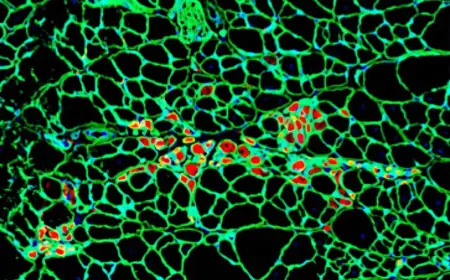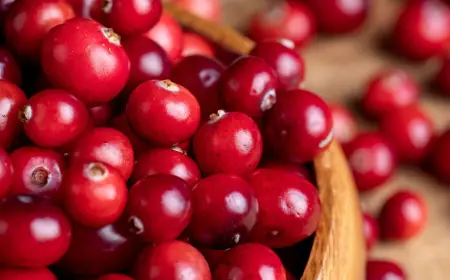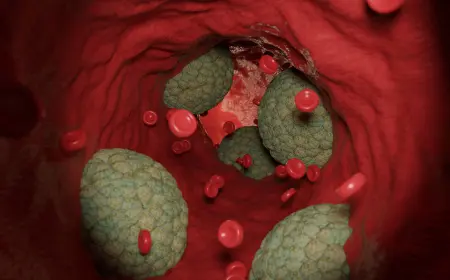Plant compound identified that slows down age-related diseases

According to Phytotherapy Research (PhyRes), a natural compound called quercetin, found in apples, onions, capers, and green beans, may help slow the progression of age-related diseases. This conclusion was made by scientists from the Jilin Agricultural Science and Technology College in China.
Quercetin is a bioactive flavonoid, a group of plant compounds that help plants resist stress, strengthen cell walls, and regulate vital physiological processes.
The authors analyzed data from previously published studies and found that quercetin has strong antioxidant and anti-inflammatory properties. It regulates cellular processes that prevent tissue damage and affects key signaling pathways associated with aging.
According to researchers, quercetin may reduce the risk of cardiovascular diseases, osteoporosis, stroke, diabetes, dementia, and age-related eye disorders.
By modulating inflammation, oxidative stress, and cell death mechanisms, quercetin can slow the progression of these conditions.
Scientists note that new delivery technologies and personalized approaches could improve quercetin absorption and effectiveness. However, they emphasize that further clinical trials are needed to confirm its benefits and determine safe dosage levels.



























